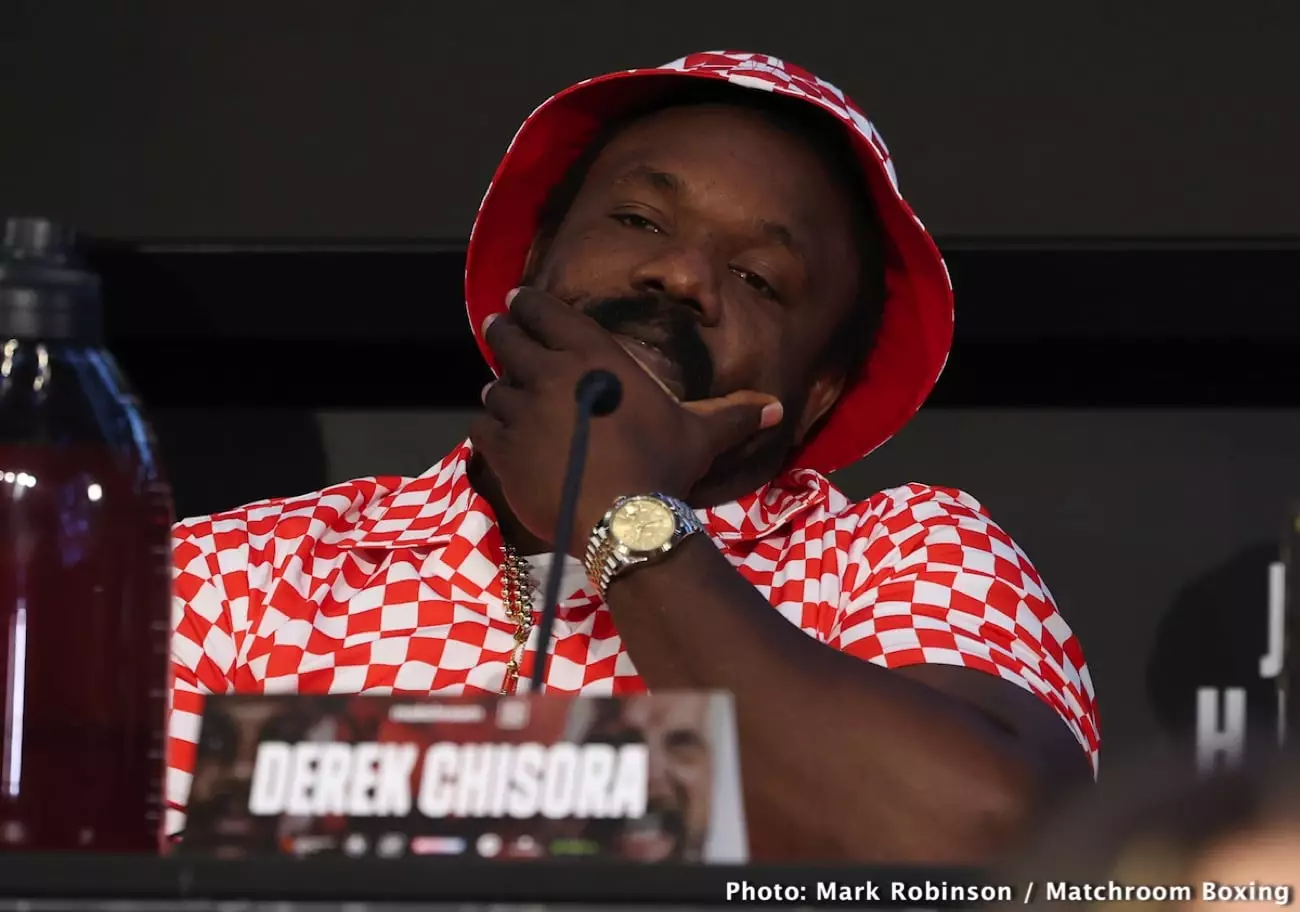The recent discourse surrounding heavyweight boxing reveals a concerning trend: fighters and promoters often prioritize spectacle over genuine competition. Derek Chisora’s outspoken rejection of a third bout between Tyson Fury and Oleksandr Usyk underscores a broader issue—when fighters are repeatedly put into matchups that lack fresh stakes or meaningful rivalry. Chisora’s candid sentiments highlight the disconnect between the sport’s promotional machinery and the fans’ desire for compelling, unpredictable contests. The trilogy between Fury and Chisora, marred by two lopsided defeats for Chisora, exemplifies a mismatch that leaves audiences disillusioned rather than excited. Likewise, Fury’s potential third encounter with Usyk risks reinforcing the pattern of fights that do little to advance the sport or resolve genuine competitive questions.
The Real Problem: Power Imbalances and Unequal Opportunities
Fury’s call for a third fight with Usyk, especially with the stipulation that it be staged in the UK, underscores how gatekeeping can distort fairness in boxing. Fury, as a reigning champion and big-name draw, appears to wield undue influence over matchmaking decisions. Meanwhile, fighters like Joe Parker and Agit Kabayel remain on the sidelines, waiting for their shot at the top tier. Their exclusion reveals a hierarchy where marketability and hype often trump merit and readiness. Chisora’s clear stance—questioning Fury’s merit to demand a third contest—emphasizes that a heavyweight division should be about fairness and opportunity, not political leverage or promotional convenience.
The Significance of Respecting Skill and Legacy
Oleksandr Usyk’s dominance over Fury, as Chisora suggests, isn’t just about record or size; it’s about the skill and tactical brilliance he brings to the ring. Chisora’s assertion that Usyk would beat Fury again reflects a belief that respect for boxing intelligence and technique is often overshadowed by spectacle. If Usyk indeed defeats Daniel Dubois on July 19, as many anticipate, it could cement his standing as the true top contender—not just in the division, but also in the sport’s narrative. The question arises: why’d Fury, a fighter with a storied career, limit his options instead of embracing worthy challengers? The sport loses when talent and merit are sidelined in favor of rematches that serve promotional agendas rather than sporting integrity.
Chisora’s Perspective as a Cautionary Tale
Derek Chisora’s experience should serve as a cautionary tale for boxing insiders. His defeats by Fury became spectacle rather than meaningful rivalry, illustrating how fighters can become pawns in the larger game of selling pay-per-views or securing lucrative rematches. His vocal opposition to Fury’s plans signals a deeper frustration with the sport’s current state—where fighters and fans may be forced to accept matchups that lack excitement or legitimacy. True respect for boxing’s rich history and competitive spirit demands that fighters be allowed to face credible opponents, rather than enduring relentless rematches that diminish their legacy.
In this evolving landscape, the sport’s future depends less on manufactured trilogies and more on promoting fighters based on skill, merit, and the thrill of genuine competition. Boxing’s strength has always lay in its unpredictability—something that gets lost when the sport becomes a chess game of promotional power and contractual stipulations. It’s high time we advocate for fighters who genuinely deserve the spotlight and fans who crave authentic battles over spectacle-driven rematches.

